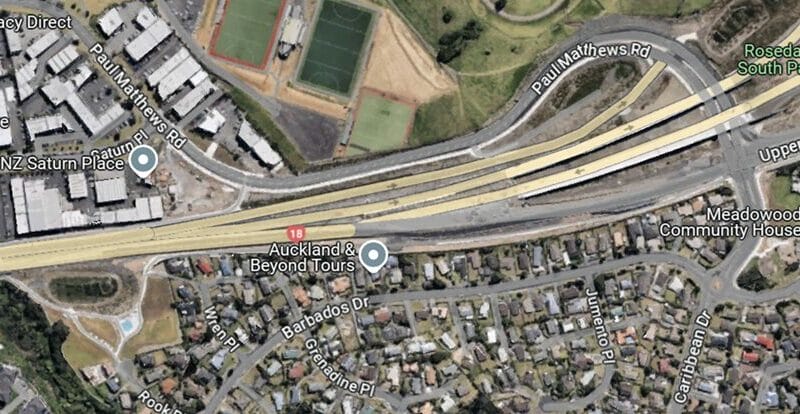Housing Acceleration Fund – Auckland Council group and Kāinga Ora infrastructure funding structure finalised
Cori Barkle, Rice Speir’s specialist Property and Infrastructure Funding Director, recently played a pivotal role in finalising a long-term relationship and infrastructure funding arrangement between MHUD, Kāinga Ora and Auckland Council’s infrastructure asset owners (Auckland Transport, Healthy Waters, Community Facilities and Watercare).
The Crown’s Housing Acceleration Fund (HAF) aims to increase the pace, scale, diversity and affordability of new housing supply for buyers and renters. The fund is designed to drive delivery of a wide range of homes, in areas of high demand at affordable prices, by:
- unlocking more land for housing development, particularly in locations close to jobs, public transport and amenities;
- supporting the provision of critical infrastructure needed for that housing development; and
- supporting the delivery of a wider mix of housing, for both owning and renting, that is affordable for low-to-moderate income households.
A significant portion of this fund has been allocated to Auckland’s large-scale project areas (Mt Roskill, Tāmaki, Mangere, Northcote and Oranga) as part of Kāinga Ora’s urban regeneration programme aimed at renewing these suburbs.
Auckland Council, like so many local authorities across New Zealand, faces significant funding and financing constraints in delivering the necessary network infrastructure to support housing development. The newly agreed structure will expedite the delivery of crucial infrastructure and housing, far beyond what Auckland Council is able to plan and budget for.
The programme will provide build-ready land, facilitating the construction of new homes. This includes replacing existing public homes that are no longer fit for purpose, building new public homes and new market and affordable homes, all on Kāinga Ora land.
These urban regeneration projects will not only enhance neighbourhood outcomes but also provide opportunities for intensification in strategic areas. Increased investment in these large-scale project areas through the HAF will accelerate the pace and scale of housing delivery and enable additional housing opportunities in surrounding land.
Cori, initially working in-house and now at Rice Speir, led the Auckland Council group’s legal engagement on this significant and highly complex relationship and structure.
If your council is looking for help in structuring its infrastructure funding programme, reach out to Cori for his expert guidance and management in this space.





